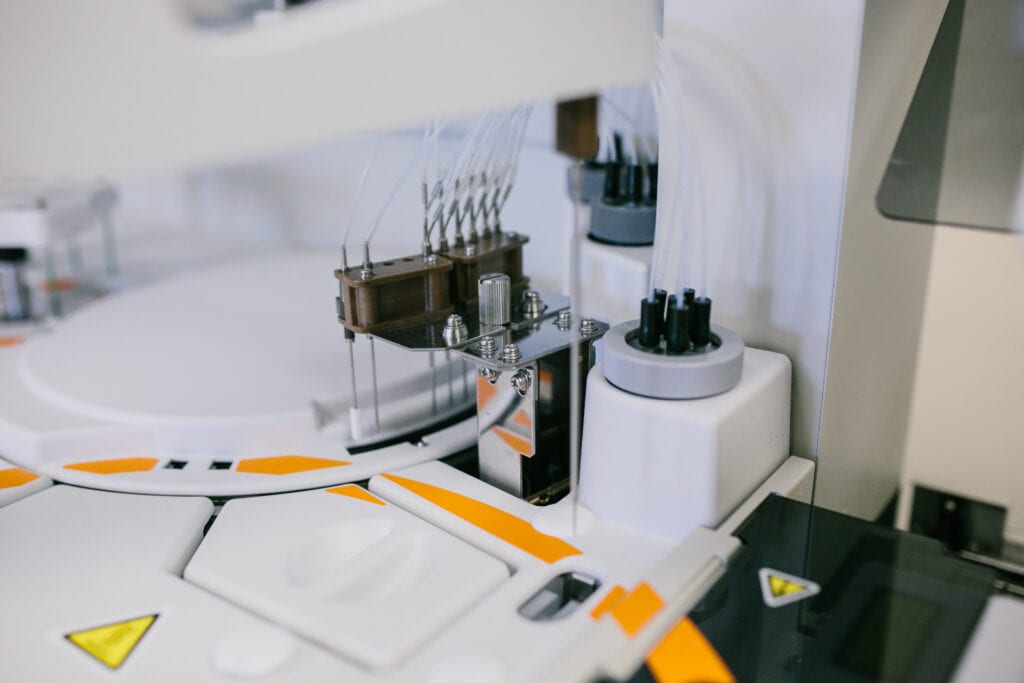Understanding the Role of Veterinary Labs in Pet Health
Understanding the Role of Veterinary Labs in Pet Health
Blog Article
Supporting your pet’s medical needs plays a vital role in their longevity. Veterinary laboratories deliver accurate health assessments for domestic animals like dogs and cats.
This article, we’ll explore how veterinary labs help maintain pet health, their key services, and how these services benefit your pets.
What Are Animal Diagnostic Labs?
Veterinary testing facilities focus on examining biological samples from pets. They are critical for animal doctors to make accurate diagnoses.

The process generally features:
- Sample collection: Key biological materials are collected from the pet.
- Laboratory analysis: Skilled technicians interpret the findings.
- Analyzing test results: The lab provides detailed reports to the veterinarian for custom care strategies.
Common Veterinary Tests for Pets
Pet diagnostic centers run multiple health assessments to monitor their well-being. Some of the most common tests include:
- Blood tests: Evaluate overall health.
- Urinalysis: Check for diabetes.
- Digestive system checks: Detect intestinal parasites.
- Allergy screenings: Pinpoint allergic reactions.
- Diagnostic imaging: Examine internal organs.
Why Regular Testing is Important for Your Pets
Frequent lab testing supports preventing serious illnesses. Timely diagnosis helps avoid complications.

Some key benefits include:
- Effective treatment plans: Accurate diagnoses for your pet’s needs.
- Reassurance for your family: You’ll know if something is wrong.
- Lower medical bills: Manage minor issues before they escalate.
laboratorio veterinario conselheiro moreira de barros
laboratório de análises clínicas veterinária
Conclusion: Prioritizing Pet Health with Veterinary Labs
Relying on regular health assessments for household animals keeps them happy and healthy. Pet testing facilities help identify issues early to keep your pets in top condition.
Prioritize your pet’s next health checkup to support their needs for years to come!
Report this page